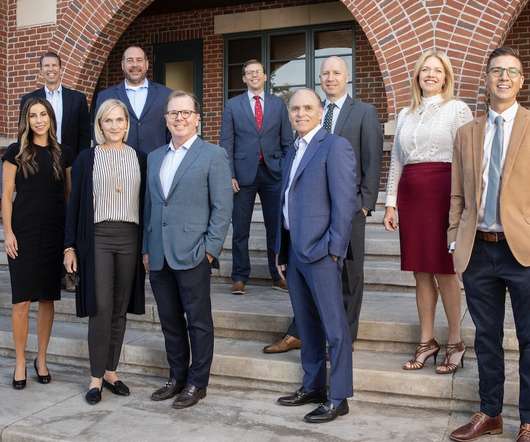U.S. CRE Turning Around In 2014, According To New PwC/ULI Report
Buisness Facilities Contributed Content
NOVEMBER 18, 2013
As a result, the report anticipates that 2014 may be the year that many investors who have traditionally focused mainly on large established markets such as Boston, Chicago, Los Angeles, New York City, San Francisco and Washington, will be expanding their focus to other cities in order to protect capital.














Let's personalize your content